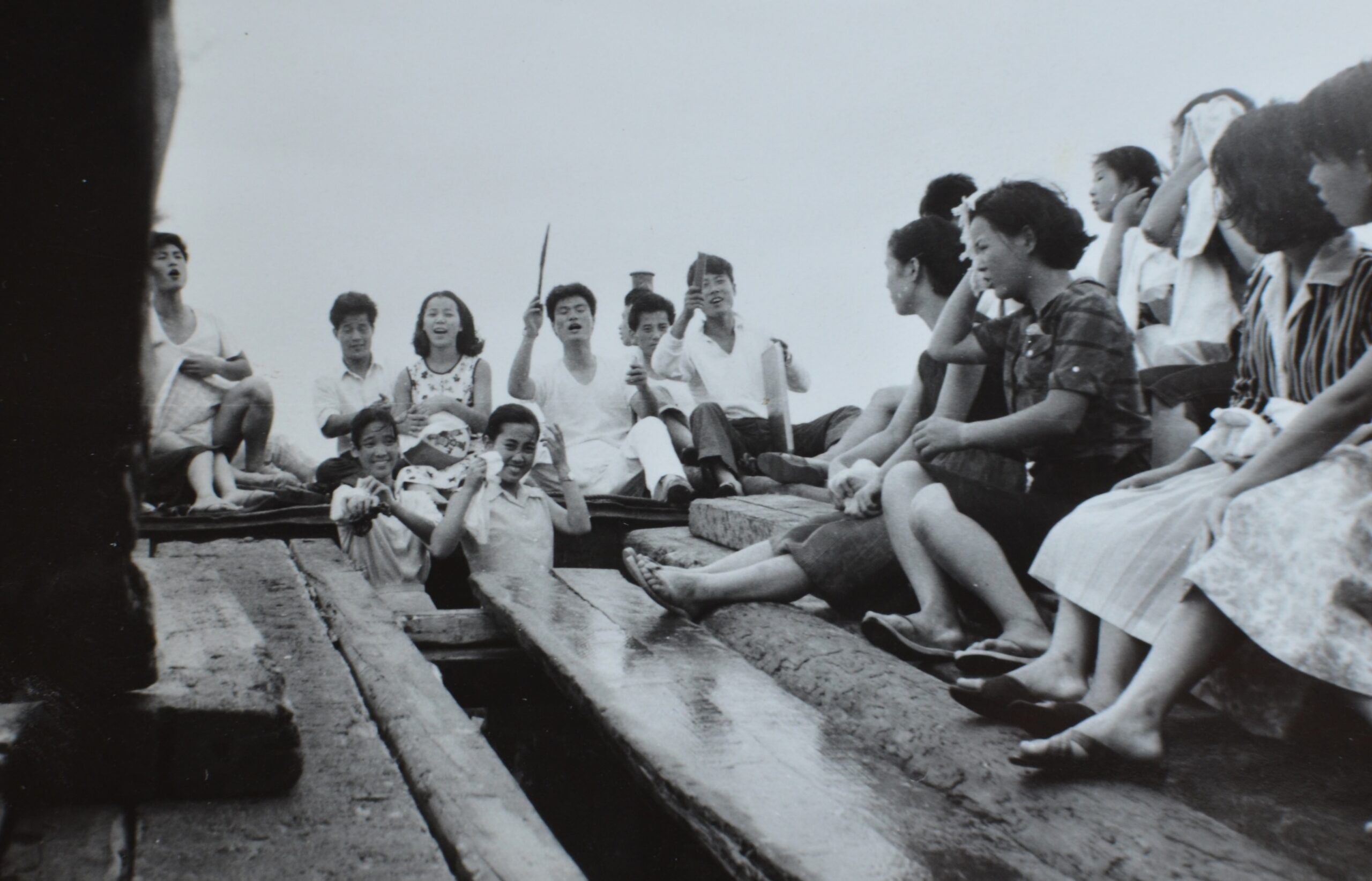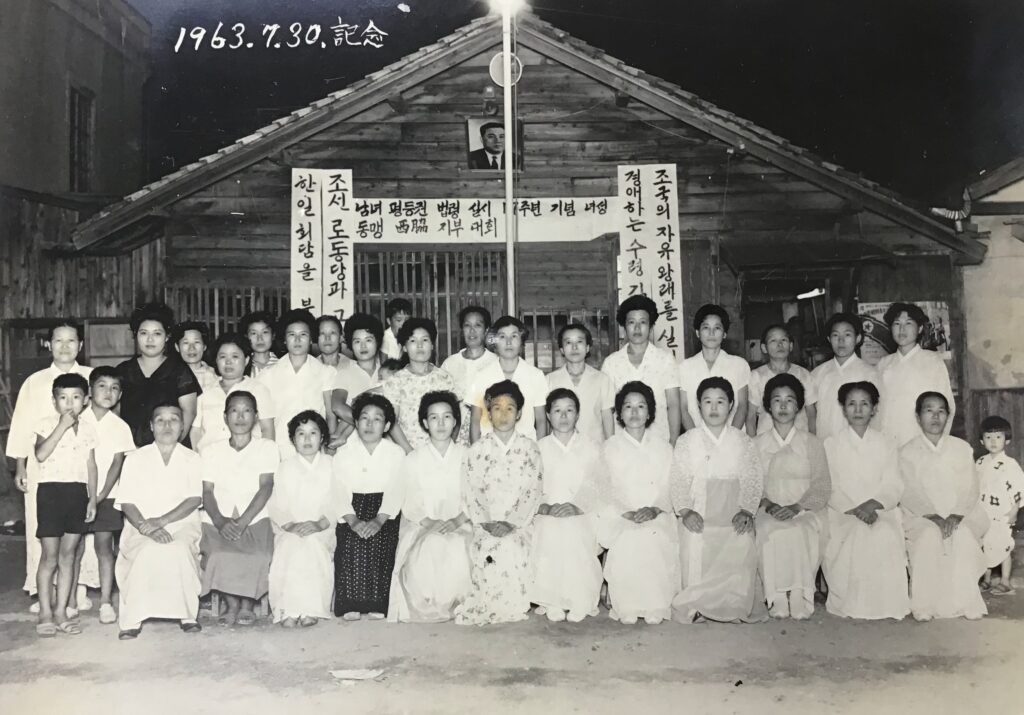
Sayaka Chatani
茶谷さやか 차타니 사야카 茶谷亮
A historian of people in modern east asia

My interests
Why do people decide to fight for their nations and people? What turns people into supporters of an ideology? I have been intrigued by these questions for two and half decades now, which drove me to study the intersection between the nation, the military, and society in East Asia. I found my academic home in the field of history, but am eager to learn other theories and methods that help me better investigate these issues.
I teach histories of modern East Asian societies, ideology and emotions, research methods, and the Japanese colonial empire as an associate professor in the department of history, National University of Singapore. I have two beautiful children and two bunnies.